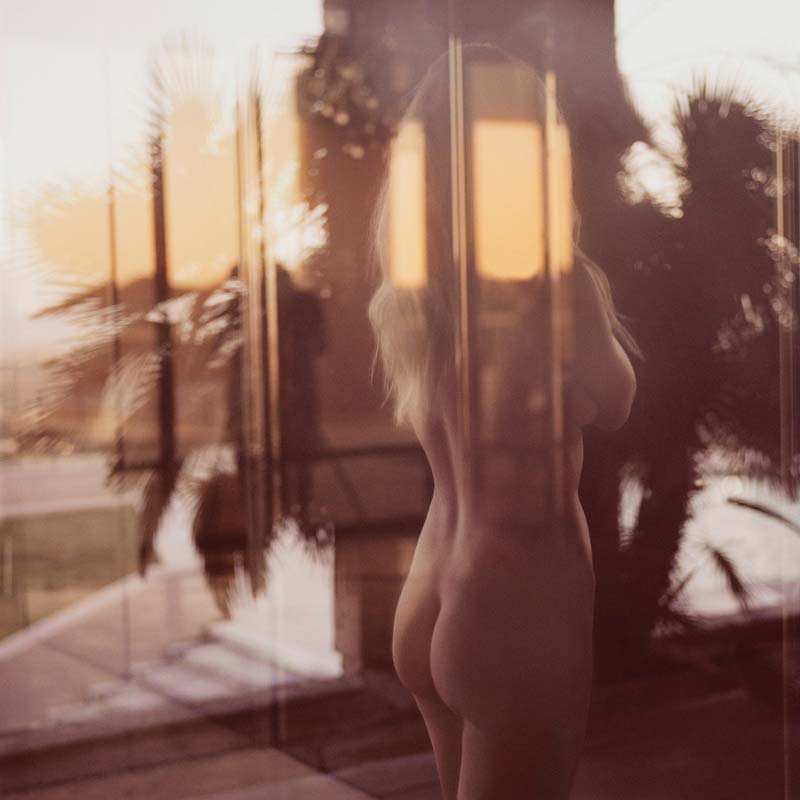Across a prolific career, Mona Kuhn has produced a beautiful and varied body of work, but with a singular vision at its core – to explore what it is to be human. She’s known for developing close relationships with her subjects which is apparent in the remarkable intimacy she creates – a gentle ease the subjects exhibit with her and her camera. A simple, uncompromising naturalness, more than surface deep.
In her later work however, she’s introduced other elements. Mirrors and glass act to blur and distort, reflect and layer. And desert scenes add a vastness at odds with the close connections between artist and model. It all acts to paint a thoughtful picture of humankind, of its complexity and density, that questions more than it answers.
We’re honoured to have Mona as our judge for ‘The Human Body’ as well as for our ‘Series Award’ later in the year. Rather than interview her ourselves, we thought we’d invite one of our community to do so, and as the photographer responsible for one of our favourite winning Life Framer images last year, Ebony Finck seemed like the perfect candidate. Her image in question comes from a beautiful series ‘Juncture’ which has parallels with Mona’s work – questioning the body, mortality, memories and the fleeting nature of life. We present questions from an artist at the start of her career, to one at her zenith.
Ebony: Your work is truly inspiring, the portraits you create portray such a raw genuine emotion, could you describe your creative process in developing your imagery?
Mona: I always start a new series quite simply by imaging colors first. Once I have a palette in mind, I then start creating a vocabulary around it. My creative process is mostly intuitive. I am quite comfortable in letting my curiosity guide me. I prefer to tap into what I don’t know, and go from there. Photography has always worked for me as a form of visual poetry
Ebony: The development of your work can span over years, what is your process of refining a photo series for an exhibition?
Mona: Aside from the relationships with the people I photograph, invariably, music also comes to mind. I use photography as a way to bring balance to what I was experiencing. I am still trying to figure this out, I love to look at the large exhibition prints and let my mind wonder. It is hard to define, but at a certain moment you know the work is complete and ready to be brought into the public light.
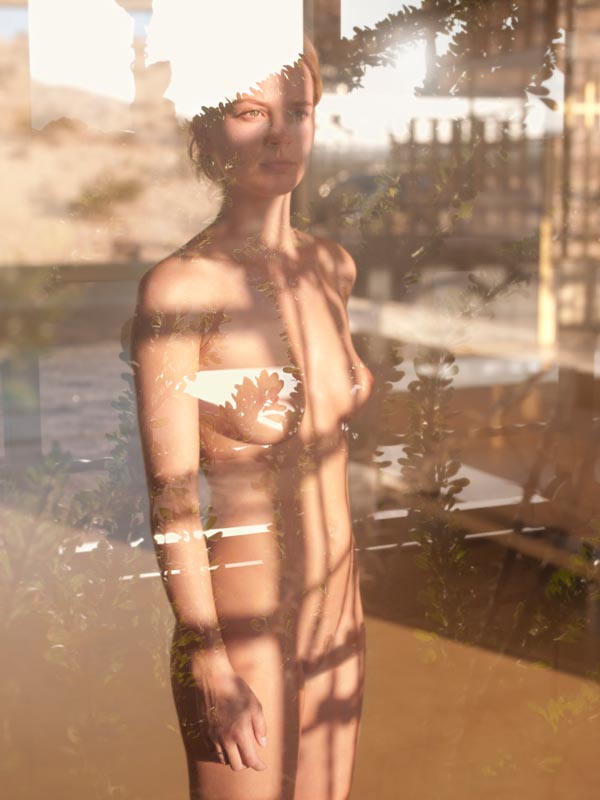
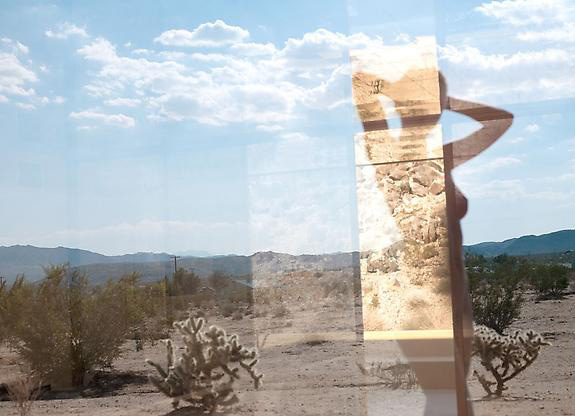
Ebony: You have stated that your work is exploring the questions “who we are, where we come from and where are we going” and that this is your quest. At what stage in your career did you recognise this in your work?
Mona: It was a bit daunting. I knew I like people and early on I understood I have a natural easiness for relationships and photography. But I was also aware of how time-specific this medium can be. I came upon the nude as a reaction and a challenge; I turned my back to trends and fashion and embraced the nude because it is a timeless canon. I’m interested in the nude/body as a residence to us. Gauguin has a wonderful painting titled “Where Do We Come From? What Are We? Where Are We Going?” from 1897. I think it summarizes a question we all have, but one that I decided to use as basis to my creative source. I realized I ought to photograph the human in us, without shame, without regret, free and timeless.
“I realized I ought to photograph the human in us, without shame, without regret, free and timeless.”
Ebony: And what advice do you have for artists out there that may not have identified their underlying questions?
Mona: My advice would be to never give up, but instead, go deeper into searching for your passion, the answer invariably comes from within. Do follow your heart first and put your mind to fix what is needed instead of leading.
Ebony: What advice do you wish you received in the early stages of your career?
Mona: Early on, I was fortunate to work with masters like Gerhard Steidl, who is not only one of the best publishers of fine art books, but also an extremely self-disciplined and creative mind. It is important to be aware of how much work is required, as well as having a selfless nature, in addition to your talent.
Ebony: In your opinion what role does the photographer/artist have in society and why is it important for this work to be shared with the world?
Mona: Artists are a beacon of light in our society. Especially in our turbulent times, we need more photographers, more painters and writers and creative minds shining a bright light into our lives.
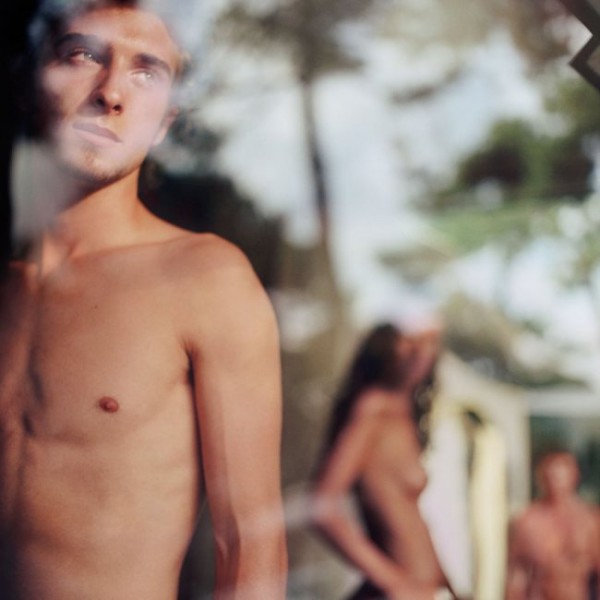
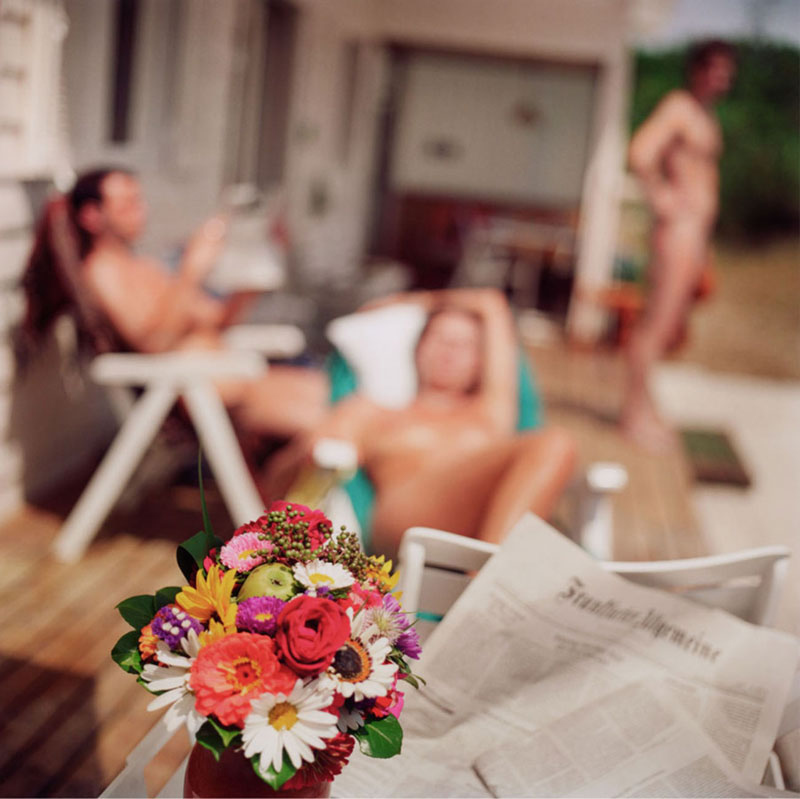
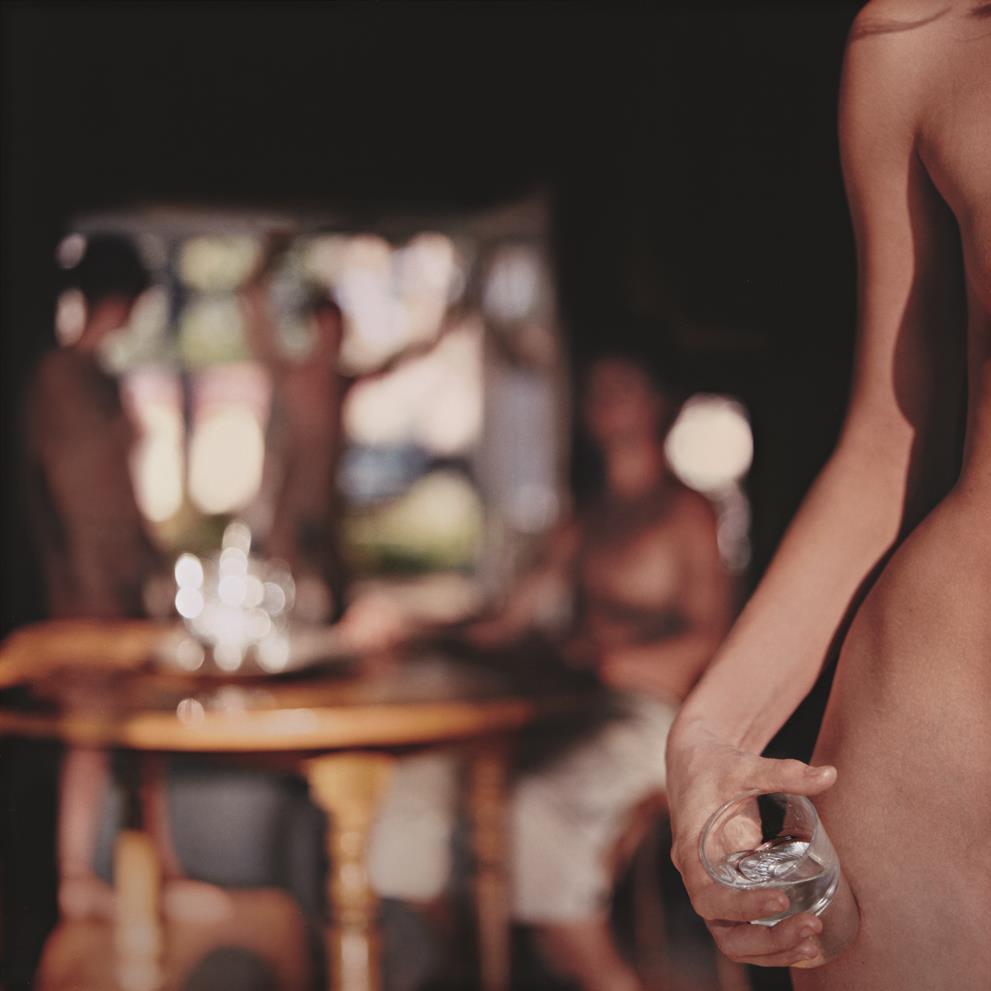
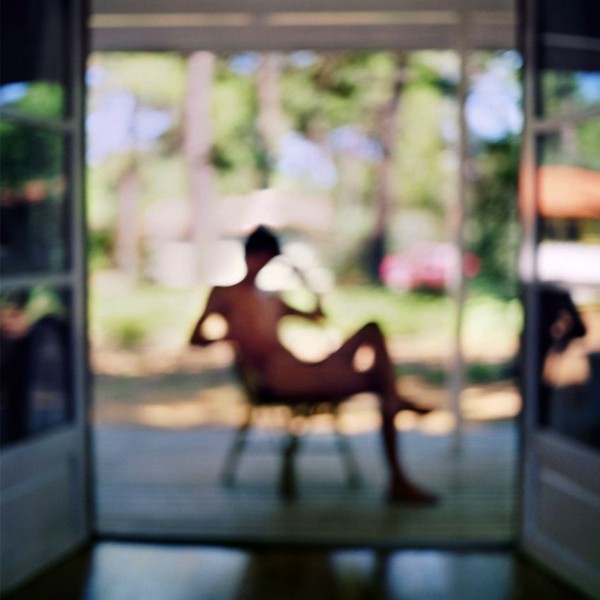
All images © Mona Kuhn
